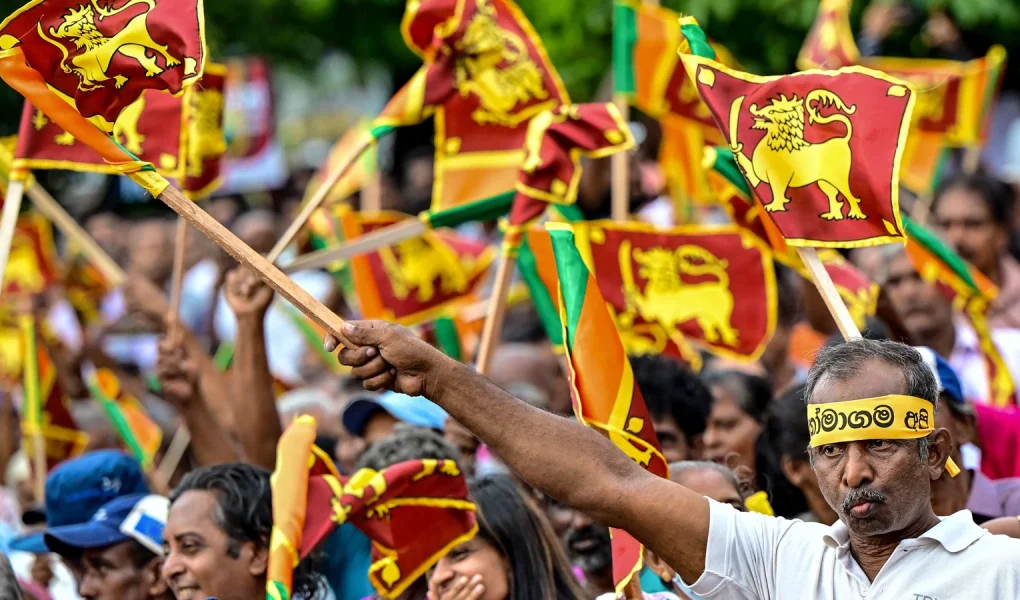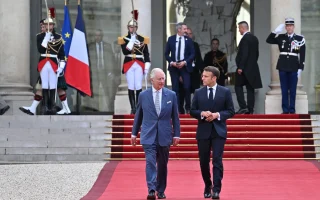lotusyouthcouncil.com – Sri Lanka is on the brink of a historic moment as it prepares for its 2024 Presidential election. This election is not just a routine political event but a critical juncture that could redefine the nation’s future. The choice of the next leader will be a defining moment in Sri Lanka’s history, with significant implications for its economic recovery, political stability, and international relations.
The Context of the Election
The 2024 Presidential election in Sri Lanka is set against the backdrop of a severe economic crisis that has gripped the country since 2022. The crisis, marked by a crippling debt burden and widespread protests, has left the nation in a state of turmoil. The election is the first since the strongman president, Gotabaya Rajapaksa, fled the country in the face of mass protests, leading to a fragile economic recovery under the interim leadership of Ranil Wickremesinghe.
Key Candidates and Campaigns
The election features a diverse field of candidates, each representing different political ideologies and promises. The most prominent among them is Anura Kumara Dissanayake, the leader of the left-wing alliance “People’s Power,” who has emerged as a strong contender. Dissanayake has promised welfare measures to alleviate the economic hardships faced by the people and has criticized the austerity measures imposed as part of the International Monetary Fund (IMF) loan agreement.
Another significant candidate is Sajith Premadasa, the leader of the United National Party (UNP), who has also pledged to renegotiate the terms of the IMF agreement. Premadasa’s campaign has focused on economic recovery and political stability.
The Role of the Election Commission
The Election Commission of Sri Lanka has played a crucial role in ensuring a fair and transparent electoral process. The commission has been vigilant in addressing any irregularities and has worked to maintain the integrity of the election. This is particularly important given the political and economic volatility in the country.
Unprecedented Crossovers and Political Shifts
The 2024 election has seen unprecedented crossovers and shifting political alliances, reflecting the fluid nature of Sri Lanka’s political landscape. These crossovers have added complexity to the election, with various political parties and coalitions forming and reforming in the run-up to the polls.
Economic and Political Implications
The outcome of the election will have far-reaching implications for Sri Lanka’s economy and political stability. The new president will face the daunting task of addressing the economic crisis, managing the country’s debt, and restoring public confidence. The approach to the IMF loan agreement and the implementation of economic policies will be pivotal in determining the path forward for the country.
Conclusion
The 2024 Presidential election in Sri Lanka is a pivotal moment that could shape the nation’s future. With a diverse field of candidates and a complex political landscape, the election is a critical test for Sri Lanka’s democracy. The choice of the next leader will be crucial in steering the country towards economic recovery and political stability. As the nation heads to the polls, the eyes of the world are on Sri Lanka, hoping for a positive outcome that can bring about the much-needed change and progress.




